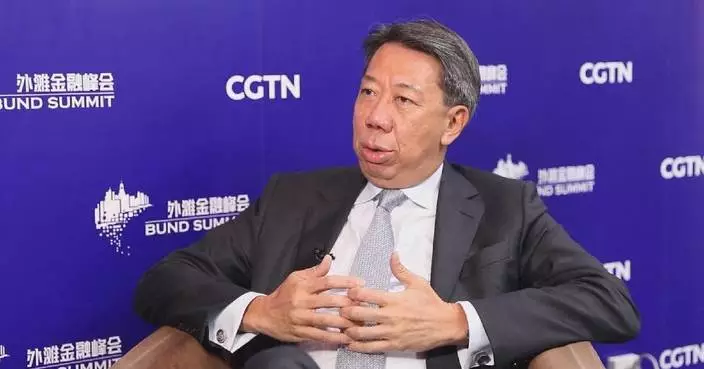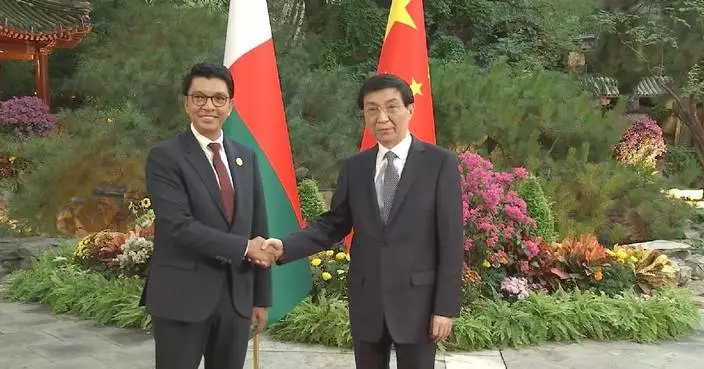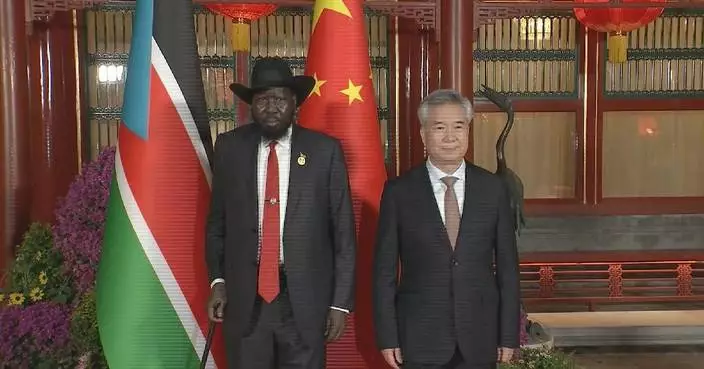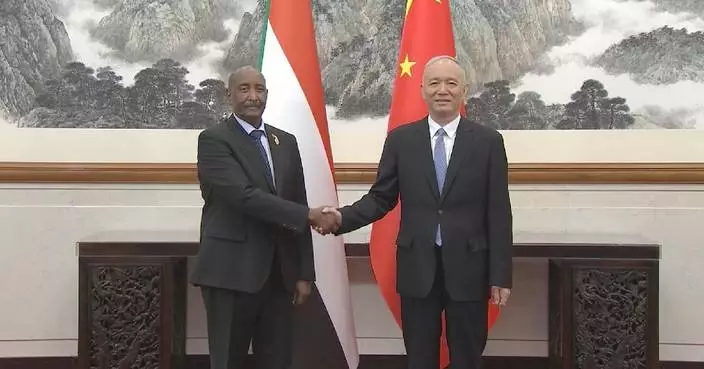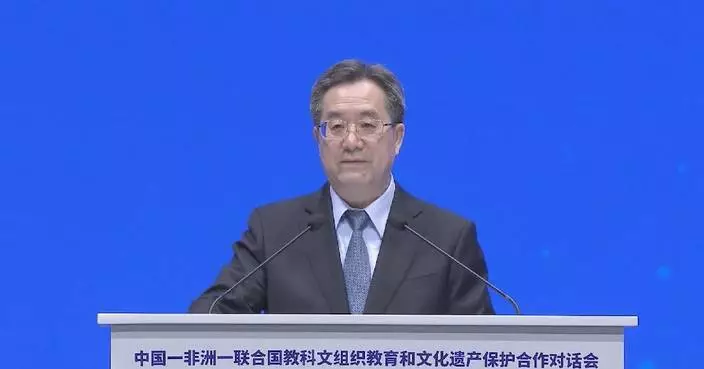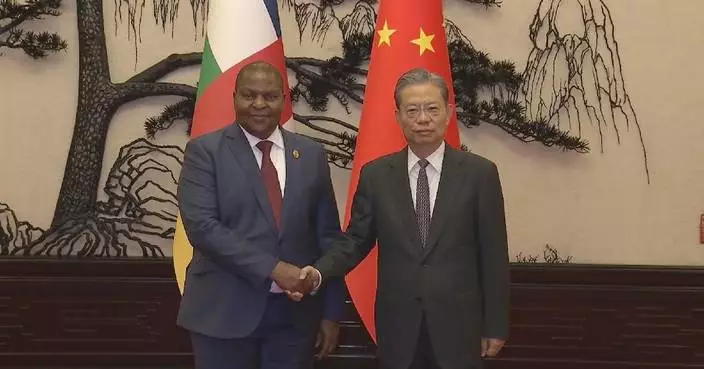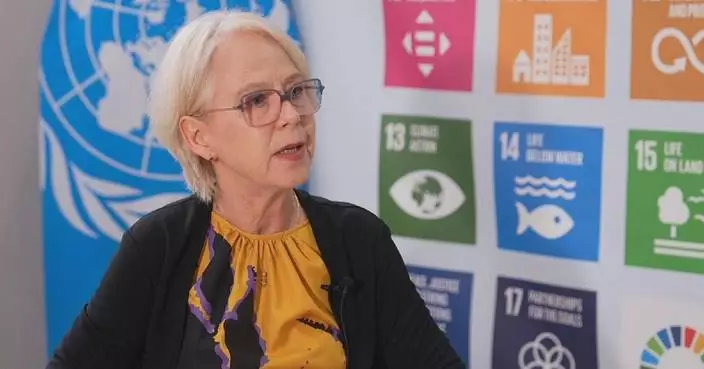The Communist Party of China (CPC) Central Committee General Secretary Xi Jinping delivered explanatory remarks on a draft version of the resolution on further deepening reforms comprehensively to advance Chinese modernization at the third plenary session of the 20th CPC Central Committee held in Beijing from Monday to Thursday.
The resolution was later adopted by the 20th CPC Central Committee at the session.
In the remarks released on Sunday, Xi, also Chinese president and chairman of the Central Military Commission, introduced the factors taken into consideration when determining the agenda for the plenary session, as well as the drafting process of the draft resolution submitted to the plenary session for deliberation.
Xi also explained the basic framework and main content of the draft resolution, saying that the draft resolution anchors the goal of basically realizing socialist modernization by 2035 and focuses on major reform measures for the next five years, with emphasis on five aspects.
First, the draft resolution attaches importance to giving full play to the leading role of the ongoing economic system reform.
Second, it focuses on the building of systems and mechanisms that support comprehensive innovation.
Furthermore, the draft resolution also emphasizes comprehensive reforms, ensuring both development and security, as well as strengthening the CPC's leadership over reform efforts.

Xi delivers explanatory remarks on draft resolution on further deepening reforms comprehensively

Xi delivers explanatory remarks on draft resolution on further deepening reforms comprehensively

Xi delivers explanatory remarks on draft resolution on further deepening reforms comprehensively

Xi delivers explanatory remarks on draft resolution on further deepening reforms comprehensively
Chinese engineers have overcome numerous challenges and difficulties with innovative techniques and high-intensity work to complete the final leg of a landmark Algerian highway that connects 17 provinces.
With the completion of its last 84-km section, the Algerian East-West Highway, which stretches 1,216 km and had been under construction for the last 16 years, finally opened to traffic in August 2023.
The 84-km section in the eastern region of the country was built by China's CITIC Construction, and stretches from Drean in the province of El Tarf, to the town of Raml Souk on the border with Tunisia.
However, building the highway was not easy as the construction had to overcome a series of complex geological challenges, including the Atlas Mountain ranges that cross through northern Africa and have long hindered transit in the region.
At the beginning of this century, the Algerian government proposed the highway project, and construction on the highway kicked off in the east, middle and west sections beginning in 2006.
China CITIC Group and China Railway Construction Corporation completed the construction of the 528 km-long central and western section on time. In 2017, CITIC Construction was selected to take over the construction of the remaining 84-km section after it was abandoned by a Japanese enterprise over technical and financial difficulties.
As the Chinese construction team embarked on the challenging task, they encountered numerous local individuals who shared their common hope that the highway could be opened to traffic at an early date.
"As we were searching for a quarry site in Guelma Province near El Tarf Province, we asked a local truck driver for direction. After learning that we were constructing the 84 km project of the eastern region, he was very excited and held our hands tightly, saying that he had been looking forward to the opening of the highway in the eastern sector. He often drove a truck to transport goods, using local roads, and had to drive in traffic jams. The poor road conditions caused significant wear and tear on the vehicles and posed serious dangers. He eagerly hoped that we, the Chinese team, would help complete the highway as soon as possible," Ji Zongli, the chief engineer for the 84-km project, recalled.
According to Ji, the section runs through complex terrain prone to geological disasters, so the difficulties facing the builders were enormous.
"The line runs across areas of marl, wetlands, flood plains, and also passes through a large conservation area of a national park. With terrain and topography highly complex and variable, we faced numerous threats and difficulties, including slope collapses, foundation instability and settlement, and a shortage of aggregates. All these made the roadbed construction particularly challenging," Ji said.
To mitigate the impact of complex geological conditions on engineering quality, CITIC Construction employed advanced Chinese construction technology on the project, including the use of high-modulus asphalt additives to enhance the durability and service life of the road, bridge damping devices to avoid potential disasters, and advanced skills to reinforce the subgrade to ensure the road is able to endure the stresses of heavy usage.
"There have been many stories about this project, and we have experienced several impressive events. For example, in April 2023, at the PK397 construction site, we witnessed CITIC Construction mobilizing 1,004 trucks to work on a very narrow section of the road. The El Tarf provincial government was astonished by such a volume of trucks. The high-intensity work lasted about a month, creating a truly spectacular scene," said Mohamed Salah Kafi, the head of the eastern region bureau of Algeria's National Highway Agency.
According to Ji, the Chinese team has trained over 16,000 local technicians in infrastructure construction. After training and working with Chinese colleagues, the Algerians gained valuable hands-on experience, and some have become seasoned engineers.
"I'm very happy to be involved in the highway project and feel extremely proud. My father, younger brother, and elder brother all are working at the construction sites of Chinese companies. The wages are high. I've learned a lot, and my life has improved. If there are new projects, I hope to work with my Chinese friends again," said Abassh Gilali, an Algerian construction worker.
The highway not only connects regions, it also connects hearts, and is a symbol of what can be achieved when people from different backgrounds work together on a common purpose.
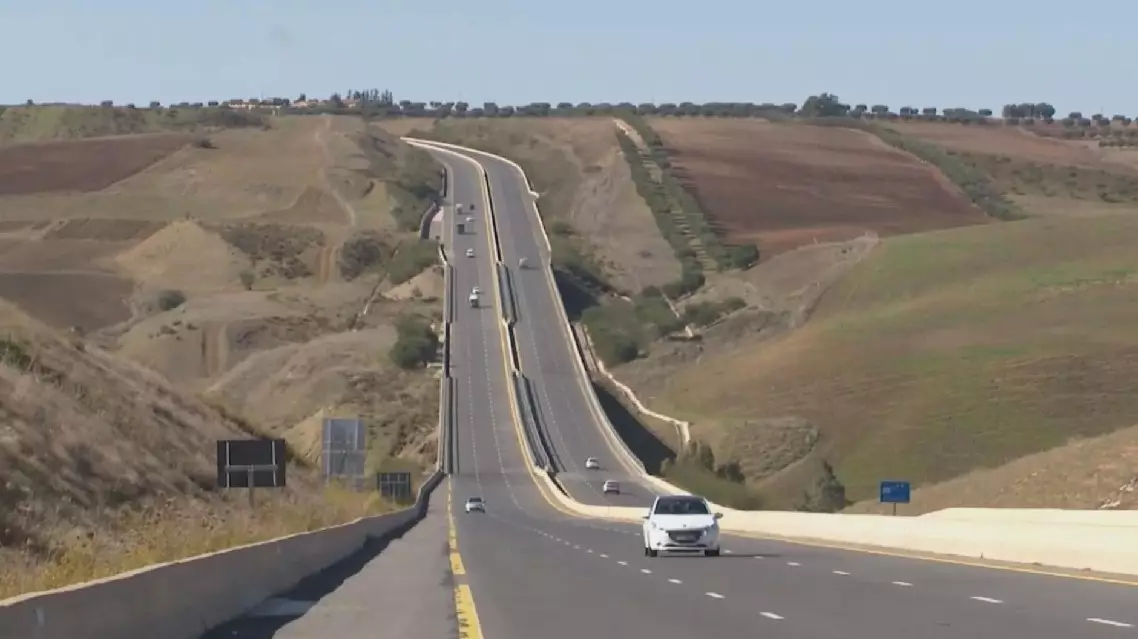
Chinese engineer recalls challenges in completing Algeria's landmark East-West Highway project







